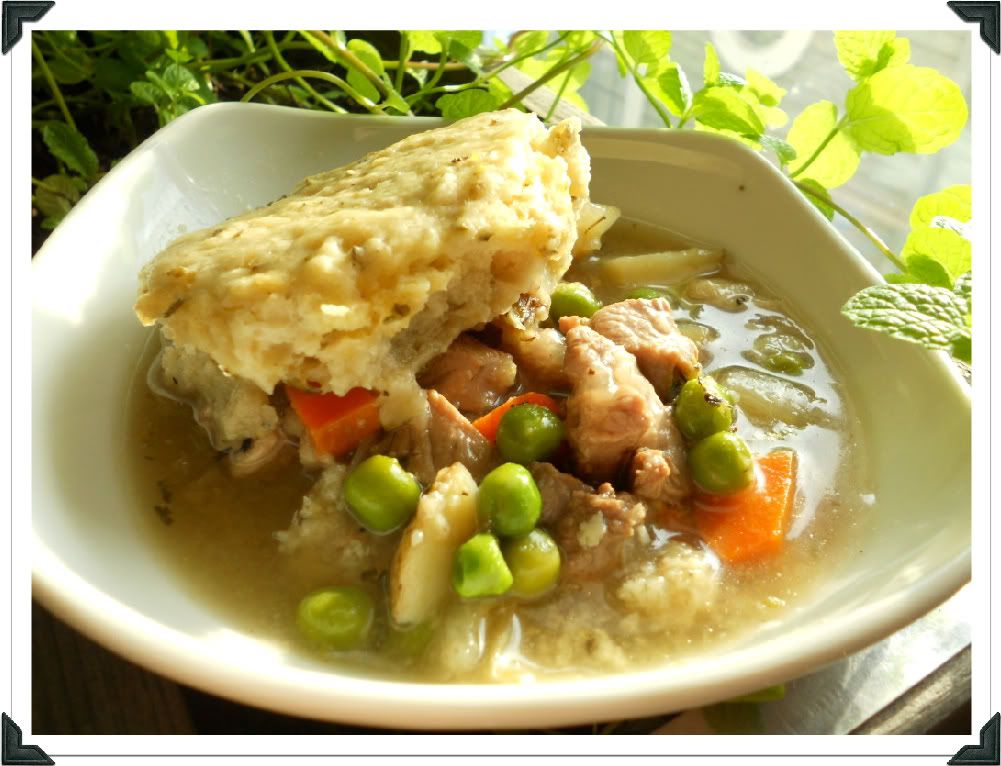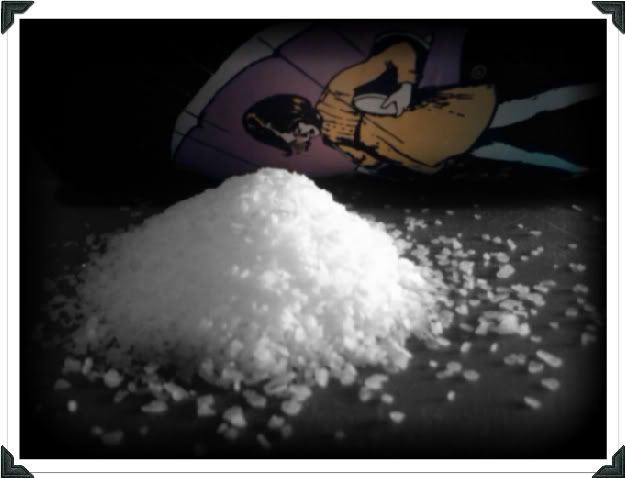I really like hard boiled eggs, but I absolutely hate it when you're trying to peel them and fail miserably... all of the whites sticking to the shell, and an ugly green ring around the middle. I've finally found the solution after literally years of trial and error... You know I'm a super food-dork, because when I finally perfected my technique, I had to run around telling everyone I know.
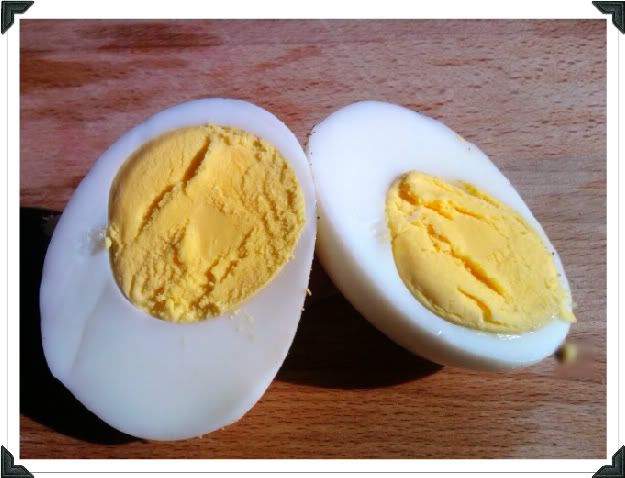 |
| No whites missing. No icky green ring. |
If you want easy peel hard boiled eggs there's a few super easy tricks:
- Don't use super fresh eggs. Make sure you buy the eggs and refrigerate them for at least 5 days prior to cooking them. As eggs age, they release a bit of gas that helps separate the papery skin, and thus makes the egg way easier to peel.
- Bring them to room temperature. Why does this help? I have no freaking clue, it just does.
- Either set them on the counter for 20 min. or place them in a bowl of warm water for 5 min.
- And here's the super secret.... shhhhh.....
- DON'T BOIL YOUR EGGS!!!!.... steam them.
- Yup. That's it. The two previous tips help, but aren't always necessary. Steaming works every time.
Time: Approx. 20 min (doesn't include cool down time)
Method:
There are several types of steamers (bamboo, insert, built in, etc). I have a pot with an insert. Place 1-2 inches of water in the pot, then insert your steamer.
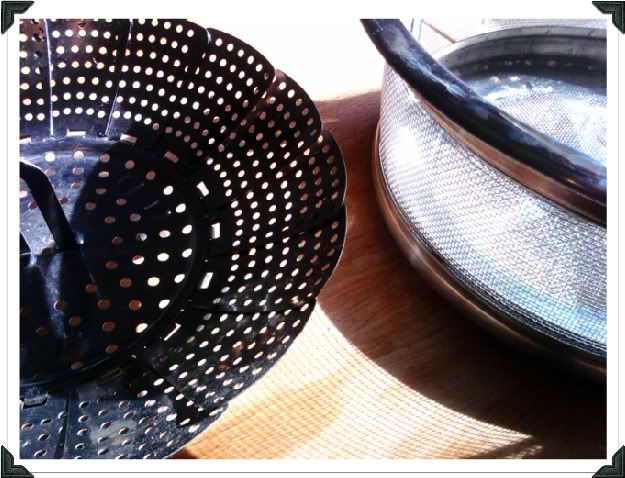 |
| Left: Everyday Insert Steamer Right: Insert Steamer for All-Clad Stock Pot |
Steam on low (or just a high enough heat to create steam... around a simmer) for approximately 20 min. for large eggs, and 22 min for extra-large. If you over cook them, this can lead to the icky green ring... but if you like your eggs soft boiled (which is super yummy for dipping toast) cut off a few minutes.
Remove from steamer and place in ice water for rapid cooling or leave on counter for about an hour before putting them in the refrigerator. They'll last in the fridge for about a week.
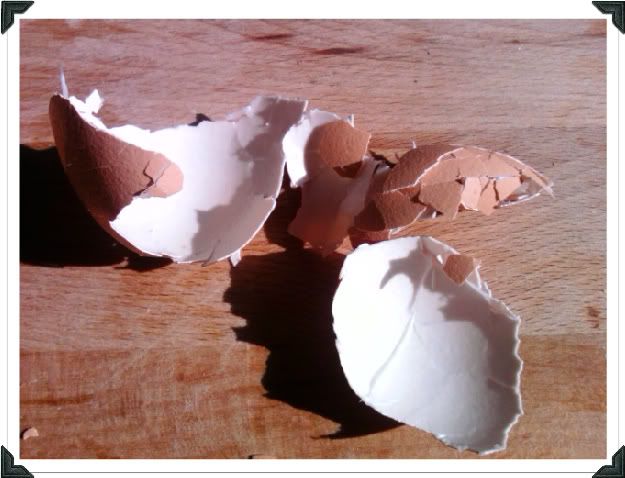 |
| Nice large pieces of shell, no delicious whites attached. |
If you can't wait, give them a tap on either end, roll on a hard surface, and be amazed by the easy peel!!! The peel should come off in a few large pieces, with no whites attached! Enjoy!

